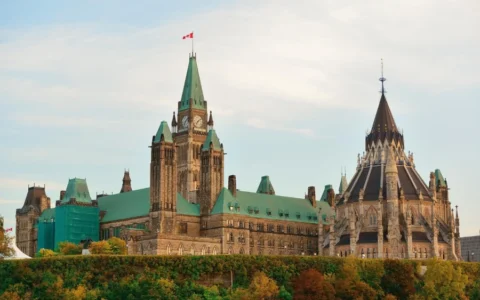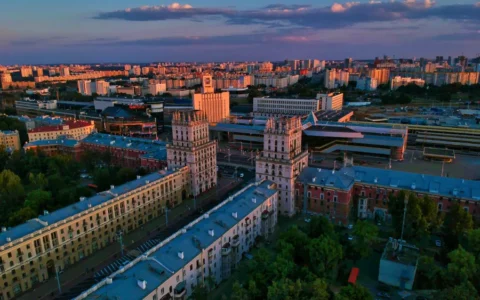The Gulf Cooperation Council (GCC) countries are increasingly implementing residency through investment programs, aiming to attract foreign investment and entrepreneurs. Residency and citizenship through investment programs in the UAE, including the Golden Visa, enable applicants to qualify through real estate investments, business establishment or investment in relevant financial assets. Depending on the chosen investment, criteria may vary in terms of amounts. However, they typically involve a minimum investment requirement. They also entail the submission of identification documents and proof of financial stability by the applicant.
The Golden Visa in the UAE has created opportunities for expatriates to secure longer-term residency. It has also been granting them access to the benefits of living in the UAE. This can be achieved through investing in real estate, a thriving sector in the country. Another option is establishing or expanding business operations in the UAE. This empowers them to contribute to the nation’s economic growth, making them eligible for residency. Typically, a minimum investment of AED10 million is required among various capital investment options.
Qatar has introduced the Qatar Permanent Residency Permit, which allows investors to attain residency status through real estate investments. The permit’s eligibility involves specific financial requirements, with varying benefits based on the investment amount. For example, a $200,000 property investment grants residency without sponsorship, while investments exceeding $1,000,000 qualify for permanent residency benefits, including access to healthcare, education, and investment opportunities in the national economy.
Similarly, Bahrain has launched the Bahrain Permanent Residency Permit, encouraging investors to contribute to the country’s economy through investments in real estate, business, or government bonds. This initiative aligns with Bahrain’s vision to become a leading financial hub in the region, offering expatriates a secure operating environment and enhancing the country’s economic growth.
Oman has also joined the trend with its Oman Investment Residency program. This program requires investments in businesses, real estate, or government bonds, with the goal of stimulating Oman’s economy and attracting foreign capital. Applicants must meet minimum investment criteria and demonstrate financial capability.
Saudi Arabia has recently introduced Premium Residency Visas, available through five different classifications, including investment. These visas can be attained by investing SAR7 million, further expanding the GCC’s residency and citizenship offerings to investors.
These programs benefit both the individual investors and the economies of the GCC countries. Foreign investment contributes to economic growth and diversification, reducing reliance on oil revenues. Expatriate investments in business ventures stimulate various economic sectors, diversifying the economy and promoting overall economic development.
Catalyzing Economic and Employment Growth
The establishment of new companies through these residency and citizenship programs generates employment opportunities, attracting individuals to the country and providing jobs for local talent. This expansion enhances the hiring environment and strengthens the job and talent pools.
An influx of entrepreneurs, businesses, and investors in the GCC nations often leads to the introduction of new innovations and technologies. This addition of innovation and technology is expected to elevate the countries’ competitiveness on an international level.
The implementation of investment residency programs in the GCC is a strategic move to diversify their economies into non-oil activities, leveraging foreign investment and expatriates. These initiatives offer expatriate investors the opportunity to establish themselves in the region and contribute to the local economy. As these programs evolve and extend to more nations, the GCC is solidifying its position as a global hub for innovation and business, creating a mutually beneficial landscape for both investors and the host countries.






